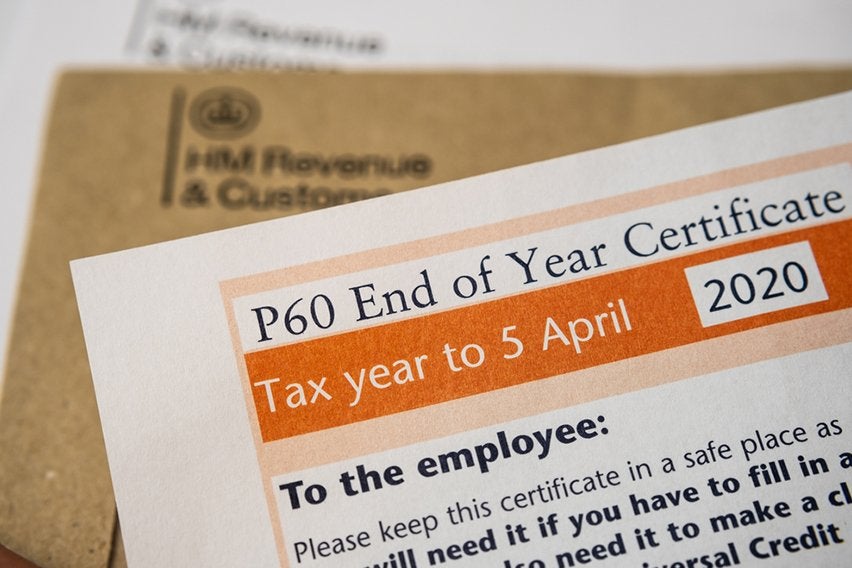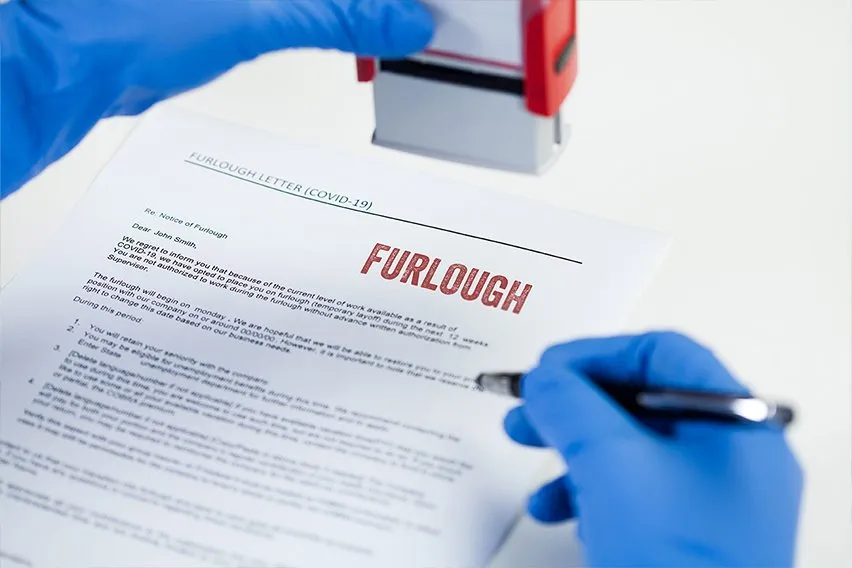How to Avoid Inheritance Tax: 10 Simple Ways

It’s important to plan for the future. One of the things you have to plan for is your possessions. Who’s going to get them? How much will they be worth?
If you’re leaving things behind and don’t want your loved ones to pay Inheritance Tax, then it’s crucial to understand how Inheritance Tax is calculated. Keep reading to learn the fundamentals of Inheritance Tax and how to reduce it in the UK.
Key Takeaways
- Inheritance Tax is a tax imposed on the assets of someone deceased.
- The threshold for IHT is any estate worth £325,000 or more.
- The IHT is a flat rate of 40% that applies to any amount over the £325,000 estate threshold.
- Some estates, like those left to a civil partner or spouse, are exempt from the tax.
- There are several ways to reduce Inheritance Tax, including leaving money to charity, creating a trust, and putting money into a pension.
- Consulting an estate planning attorney can help you strategize ways to avoid Inheritance Tax.
Here’s What We’ll Cover:
What are the Inheritance Tax Rates?
Seek Legal Advice from an Estate Planning Attorney

What is Inheritance Tax?
Inheritance tax is a tax bill on the estate of a deceased person. These estate taxes cover a number of things, including real estate, money, and possessions. In the UK, inheritance tax is a flat rate of 40% that is taxed on any amount above £325,000 in an estate.
Although everyone is required to report inheritance, not everyone will be taxed on it. Inheritance tax planning can help people learn whether inheritance tax will apply to them, how to prepare for it, and what strategies they can use to reduce or eliminate inheritance tax on their estate.
What is a Taxable Estate?
Inheritance tax doesn’t operate the same way that income tax does. Not every person is subject to inheritance taxes. A person will only be subject to estate taxes should their estate meet the following criteria:
- The estate’s value is more than £325,000 threshold
- The estate is not left to your spouse, civil partner, or a community amateurs sports club
As you can see, most people don’t have to worry about how to avoid inheritance tax on property. However, estates that don’t meet the £325,000 are still required to be reported to HM Revenue and Customs Authority.
Is your estate taxable under the IHT? Keep track of your money, real estate, and possession totals with easy accounting software from FreshBooks. The double-entry accounting system makes it simple to record all of your assets to be ready for anything tax season throws at you.
What are the Inheritance Tax Rates?
Inheritance tax rates are flat-rate. The current inheritance tax rate, however, is 40%. This amount is only applied to any amount over the £325,000 threshold.
For example, if your estate is worth £400,000, you’ll be taxed on £75,000 of it. (£400,000 – £325,000 = £75,000)
Do Life Insurance Proceeds Fall Under the Inheritance Tax?
Yes, life insurance policies will fall under the inheritance tax, as they are something being left behind. While they aren’t subject to any other specific tax, they are subject to inheritance tax.
How to Cut Inheritance Tax
If you’re certain that your estate will be worth more than the threshold, you may be wondering how to avoid paying inheritance tax. Here are the 4 best ways to cut inheritance tax for your loved ones.
1. Gift Giving
One of the easiest ways to cut inheritance tax is by giving gifts while you’re still alive. Giving gifts counts as a potentially exempt transfer and is a way to qualify for tax exemptions. However, for inheritance tax purposes, the gifts must be given outright. This means that you cannot continue to benefit from tax-free gifts.
An example of this is the transfer of ownership of your home. In the transfer of property, especially real estate property, you can no longer use it. If you transfer your home’s ownership to your children, you’ll have to move out of it to meet the gift-giving criteria. Ownership transfer has to be absolute.
Annual gifts receive an exemption of £3,000. If you didn’t use that last year, it rolls over, doubling it to £6,000. Additionally, gifts for weddings or civil ceremonies come with exemptions, as do small gifts and charitable donations. Small gifts are only exempt if you haven’t used another exemption on the same person that year.
2. Leave Money to Charity
One of the best ways to avoid inheritance tax is by leaving money to charity. Any amount of money you leave to qualified charities will be tax-exempt. This makes cutting inheritance tax easy. If your estate is worth £350,000, you can avoid tax simply by donating £30,000 to charity. This will reduce the size and value of your estate to under the threshold.
This also works when you set up a charitable trust for giving assets. In most cases, once a trust has been set up, the money no longer belongs to you. This allows you to avoid inheritance tax.
3. Leave Everything to Your Spouse or Partner
When you leave all of your estate to your spouse or partner, you can avoid inheritance tax liability entirely. This is true for both married couples and civil union partners. This is the easiest way to avoid inheritance tax, should you have a living spouse or partner.
4. Leave the Real Estate to Your Children
If you leave your home to your children, you can avoid any estate tax that would be taken on it. This is due to a change in legislation that added £175,000 to the standard inheritance tax threshold of £325,000. This made it £500,000 in exemption, as long as you leave your home to your children. Then, no other parts of your estate can be taxed. To be eligible for this increase, the total estate must still be worth less than £2 million.
5. Establish a Trust
A trust is an arrangement where you give someone else power over some of your assets so that they can take care of them for a third party. A common example of this is setting up a trust fund for children. Because this money is no longer yours, it may be exempt from the inheritance tax. However, it’s important to speak to a qualified financial advisor to ensure your trust meets the required criteria and that the trustee (the person in charge of the trust) is running it properly.
6. Explore Deeds of Variation
Deeds of variation are legal documents that add to or alter the contents of a will. If there is someone you’d like to include as a beneficiary who is not currently included in your will, a deed of variation can add inheritance for that person. These deeds can also be used to give charity and other organizations money. This may reduce the amount of inheritance tax, but it’s important to consult a legal or financial advisor to ensure that a specific deed of variation can do that.
7. Utilize Life Insurance Policies
Life insurance policies are taxable under inheritance tax, however there are ways to adjust this to reduce the tax. For example, setting up a life insurance policy as a trust can help avoid having it included in the overall estate value.
8. Consider Paying into Pension Funds
Beneficiaries can receive the remaining money in someone’s pension after they pass away. These can be passed along outside of the estate, meaning they aren’t subject to the inheritance tax. For those who have a taxable estate, adding money to a pension while they’re alive can help reduce the value of the estate while still preserving money for beneficiaries.
9. Explore EIS and SEIS Investments
Some investments, like income relief, are exempt from the inheritance tax. Investment systems like EIS have a maximum annual contribution, so it’s best to contribute over a period of years, but these can offer a way to relieve some of the inheritance tax that comes with a larger estate. A financial planner can help you find the best EIS and SEIS investments, navigate the complexities of EIS tax relief & SEIS tax relief, and advise on how and when to contribute.
10. Spend it!
If you’re over the £325,000 threshold, why not enjoy it? It’s going to be taxed anyways, so spending the excess can eliminate the risk of inheritance tax while having a good bit of fun along the way.
Even if your estate is exempt from the inheritance tax, you’ll still need to report it. Accurate financial reporting helps avoid any mix-ups on inheritance tax rules so you can ensure a fair value on your estate. Make your reporting a breeze with FreshBooks accounting software, which helps you report business and personal assets all in one easy package.

Seek Legal Advice from an Estate Planning Attorney
No matter how you plan to address inheritance tax, it’s always a good idea to consult a professional for tax and financial advice. A qualified tax advisor or financial planner can help you find the best strategies for reducing or avoiding inheritance tax and offer personalized recommendations based on your estate. They can also ensure that your inheritance tax strategies are legally compliant, so you can feel confident that your estate is being run efficiently.
Conclusion
If you’re concerned about your estate size and the way inheritance tax will affect it, have no fear. There are ways to cut the impact of a potential inheritance tax bill on your estate and your loved ones once you’ve passed on. Giving gifts, leaving your estate to your partner, establishing a trust, or looking into different investments can all help your beneficiaries reduce or avoid the IHT.
When you’re exploring how to avoid inheritance tax in the UK, a financial advisor or tax expert can help you find the best strategies. Whether it’s adding to your will or finding new investments, the right independent financial adviser or expert can give you confidence in your estate and inheritance tax plan.
If you’re looking for more tax-related articles, be sure to check out our resource hub! We have plenty of helpful guides for you there!

FAQs on How to Avoid Inheritance Tax
What is the seven-year rule for inheritance tax?
The 7-year rule states that taxes are not due on any gifts that you give to someone, provided that you live for seven years after giving the gift. The exception is if the gift is part of a trust.
What are the exemptions and reliefs available for inheritance tax?
There are a number of exemptions for inheritance tax, including exemptions for spouses and civil partners inheriting an estate. There are also reliefs like taper relief, where gifts given are taxed on a sliding scale that depends upon how long the giver died after giving a gift.
How does inheritance tax affect jointly owned assets?
As long as your spouse or civil partner lives in the UK, any assets left to them are exempt from inheritance tax. This includes jointly owned assets, so your spouse or partner won’t have to pay the IHT.
Can I transfer my unused inheritance tax allowance to my spouse or civil partner?
Yes, an inheritance tax allowance that is unused by one person can be transferred to the other person in a marriage or civil partnership. However, the surviving partner must notify the HMRC of this request within 2 years of their death.
Are there any tax implications for offshore assets in relation to inheritance tax?
Offshore assets and UK-based assets are both typically taxed under the UK inheritance tax, so the £325,000 threshold will apply to them. However, the above strategies can also be used to reduce IHT, just as you might with UK assets.
Reviewed by
Levon Kokhlikyan is a Finance Manager and accountant with 18 years of experience in managerial accounting and consolidations. He has a proven track record of success in cost accounting, analyzing financial data, and implementing effective processes. He holds an ACCA accreditation and a bachelor’s degree in social science from Yerevan State University.
RELATED ARTICLES


 How Much Can You Earn Before Tax? Income Tax & Allowance Calculator
How Much Can You Earn Before Tax? Income Tax & Allowance Calculator What is a P60 Form and How Do You Get One?
What is a P60 Form and How Do You Get One? What Is Furlough Pay? A Complete Guide
What Is Furlough Pay? A Complete Guide How to Pay Corporation Tax?
How to Pay Corporation Tax? What Is Flat Rate VAT Scheme & How It Benefits Business
What Is Flat Rate VAT Scheme & How It Benefits Business What Is Corporation Tax? Definition & Calculation
What Is Corporation Tax? Definition & Calculation